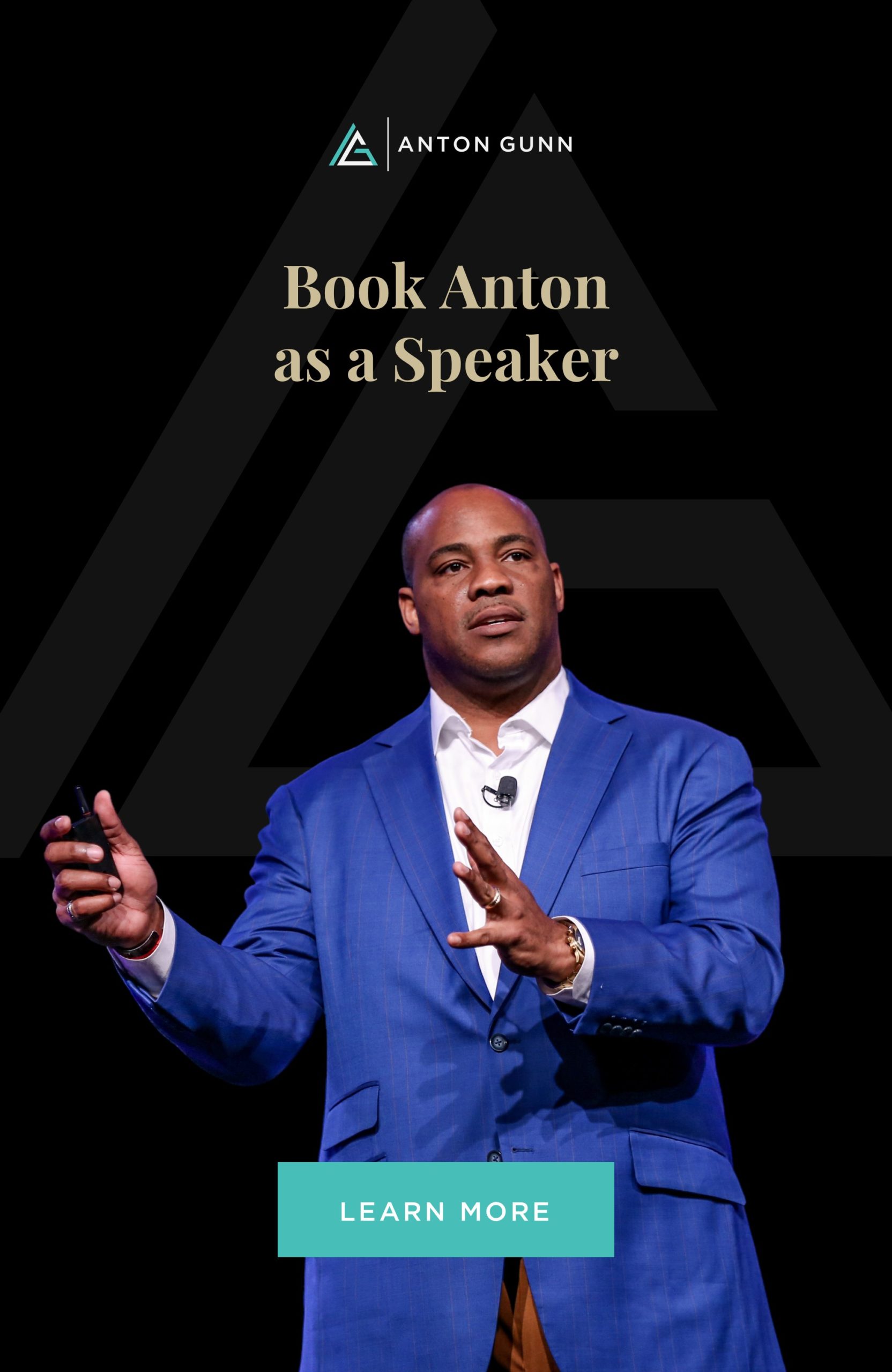Over the years, I’ve spoken to thousands of leaders—from Fortune 500 execs to frontline supervisors. And no matter the industry, I always seem to run into the same three types of leaders.
They’re not evil. They’re not malicious. In fact, most of them mean well.
But here’s the truth:
Good intentions don’t equal great leadership.
And if these three types of leaders don’t take a hard look in the mirror, they’re going to cost their organizations trust, talent, and time they can’t afford to lose.
Let me break it down.
1. The Fixer
The Fixer is the leader who wants to solve every problem personally.
Every complaint? “I’ll handle it.”
Every crisis? “Let me fix it.”
Every DEI challenge? “Let me create a quick solution.”
This leader thrives on urgency, but struggles with strategy.
What they don’t realize is that trying to fix everything alone is a form of control. It says, “I don’t trust others to lead.”
Worse? It creates burnout—for them and everyone else.
👂 Why The Fixer Needs to Hear Me Speak:
Because leadership isn’t about control—it’s about capacity.
You don’t scale equity or culture with one-off fixes. You scale it by empowering others.
2. The Savior
The Savior wants to “rescue” their team from injustice—but on their terms.
They swoop in with a policy. They roll out a new initiative. They check the box and expect applause.
But here’s the issue:
You can’t save people you won’t listen to.
The Savior doesn’t sit with discomfort. They often center themselves in the solution. And without realizing it, they turn allyship into performance.
Real change doesn’t come from rescuing—it comes from relationship.
Why The Savior Needs to Hear Me Speak:
Because if you’re not listening, learning, and letting others lead the conversation, you’re not solving the problem—you’re starring in it.
3. The Commander
The Commander runs a tight ship. High expectations. No excuses. Get it done.
At first glance, they look like effective leaders. But underneath the surface, there’s fear, dysfunction, and silence.
Why?
Because people don’t speak up in a culture of command—they comply.
This kind of leadership may produce short-term results, but it kills long-term trust.
And when it comes to inclusion and justice, compliance is the enemy of commitment.
👂 Why The Commander Needs to Hear Me Speak:
Because leadership isn’t about demanding respect—it’s about earning trust.
And that requires courage, vulnerability, and a willingness to change.
Why I Speak
I don’t speak to flatter leaders.
I speak to challenge them.
Because I’ve seen what happens when leadership fails:
- Great people leave.
- Toxic people stay.
- And everyone in between checks out.
The Fixer. The Savior. The Commander.
If you see yourself in any of these, don’t run from it. Lean in.
Final Word
You don’t have to be perfect to lead.
But you do have to be willing to grow.
And if you’re ready to be the kind of leader who doesn’t just perform leadership—but practices justice—then I’ve got something for you.
Free Resource:
Download the “Leadership Self-Audit: Are You Fixing, Saving, or Commanding?” Worksheet
This tool helps you reflect on your leadership defaults—and shows you how to shift toward impact.
Because the world doesn’t need more saviors or commanders.
It needs courageous, conscious leaders who are ready to transform systems—not just tweak them.







